On the morning of October 28, the National Assembly discussed in the hall the report of the Supervisory Delegation and the draft Resolution of the National Assembly on the results of the thematic supervision of "the implementation of policies and laws on environmental protection since the Law on Environmental Protection 2020 took effect".
Linking targets with leadership responsibilities
Delegate Nguyen Tam Hung (HCMC delegation) spent most of his time talking about the current situation of urban pollution and flooding, one of the major challenges in environmental protection today.
He cited that, according to specialized reports, fine dust in Hanoi and Ho Chi Minh City sometimes exceeds the safety threshold, directly affecting the health of millions of people.
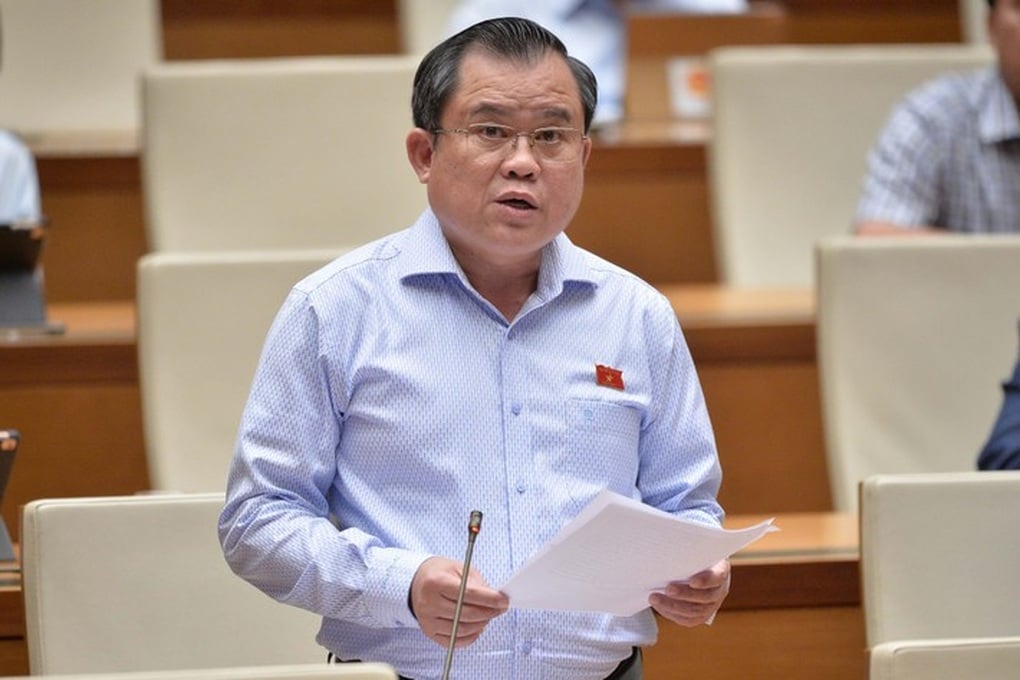
Delegate Nguyen Tam Hung (Photo: NA).
Meanwhile, the rate of urban wastewater treatment is only about 18%, meaning that most of the wastewater is still discharged directly into rivers, lakes, canals and ditches. Many localities often face severe flooding after heavy rains or high tides, seriously affecting people's lives.
"Therefore, I propose that the National Assembly determine that the Resolution should stipulate mandatory targets with a clear roadmap: by 2027, at least 35% of wastewater from type I and II urban areas will be treated; by 2030, about 70%. Along with that, there should be a mechanism to assign responsibility to the head if it is not achieved," Mr. Hung said, at the same time proposing to add the task of reviewing flood prevention planning and climate change adaptation in coastal cities and the Mekong Delta region.
Delegate Nguyen Tam Hung also proposed focusing on three major policy groups.
One is to completely handle seriously polluting facilities - currently 38/435 facilities have not been remediated. It is necessary to set a deadline for completion before 2026 and apply additional environmental taxes to ensure the principle of "polluters must pay".
Second, accelerate the process of classifying waste at source, requiring the classification of at least three groups of waste (organic, recyclable, and other) from January 1, 2027, and pilot a mechanism of paying fees based on the volume of waste in urban areas, with support for poor households.
Third, increase the budget expenditure ratio for the environment to at least 1.2% of total budget expenditure from 2027, mobilize more social capital through green bonds, green credit, and publicize urban pollution and flooding maps for people to monitor.
Investing in synchronous infrastructure and data
Delegate Tran Van Tien ( Phu Tho delegation) highly appreciated the efforts of the Supervisory Delegation in comprehensively assessing the implementation of the Law on Environmental Protection in 2020, but said that the report needed to clarify some specific contents.
"The part about building and managing environmental monitoring systems, updating databases, inventorying greenhouse gases, and especially building and updating scenarios for climate change, rising sea levels, and urban flooding is still general and needs to be analyzed more clearly," he said.
According to delegates, carefully assessing these factors will help the Government and localities be more proactive in urban planning, preventing natural disaster risks and protecting people's living environment.
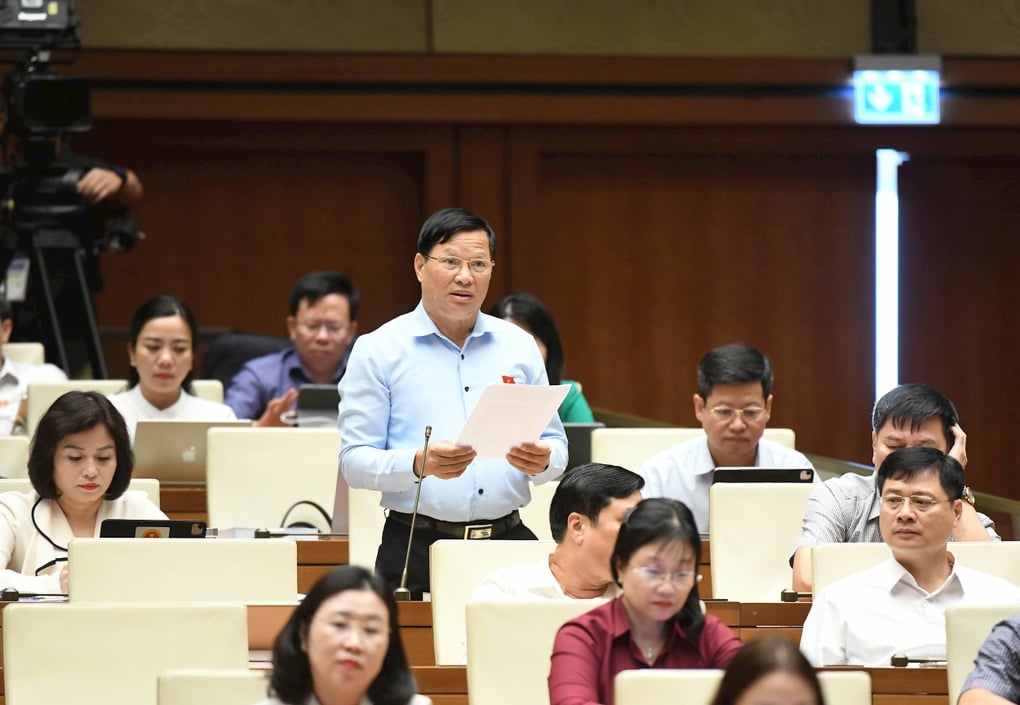
Delegate Tran Van Tien (Photo: NA).
He also noted that many localities still do not have a system to collect domestic wastewater separately from rainwater as prescribed by the Law on Environmental Protection.
"It is necessary to soon have a plan to thoroughly handle substandard landfills and invest in a synchronous wastewater collection system," he recommended.
From the investment and management perspective, delegate Ly Anh Thu (An Giang delegation) emphasized that environmental protection can only be effective when infrastructure is invested synchronously and local leaders take clear responsibility.
"It is necessary to assign targets and criteria to evaluate the results of public investment in the environment in assessing the management and operational capacity of heads of ministries, branches and localities," she said.
According to delegates, this will be a strong motivation for localities to proactively allocate capital, effectively monitor project performance and not consider environmental investment as a secondary item.
She also emphasized that currently the technical infrastructure system for environmental protection is still unsynchronized and fragmented, and many waste and wastewater treatment projects are "shelved" due to lack of operating funds or outdated technology.
"Investment in environmental infrastructure must be considered essential infrastructure, on par with other socio-economic infrastructure. Without priority mechanisms and strong socialization policies, we will not be able to achieve sustainable development goals," Ms. Thu stated.
Source: https://dantri.com.vn/thoi-su/can-quy-dinh-ro-trach-nhiem-nguoi-dung-dau-trong-ngap-lut-do-thi-20251028124426092.htm



![[Photo] Flooding on the right side of the gate, entrance to Hue Citadel](https://vphoto.vietnam.vn/thumb/1200x675/vietnam/resource/IMAGE/2025/10/28/1761660788143_ndo_br_gen-h-z7165069467254-74c71c36d0cb396744b678cec80552f0-2-jpg.webp)
![[Photo] National Assembly Chairman Tran Thanh Man received a delegation of the Social Democratic Party of Germany](https://vphoto.vietnam.vn/thumb/1200x675/vietnam/resource/IMAGE/2025/10/28/1761652150406_ndo_br_cover-3345-jpg.webp)

![[Photo] Draft documents of the 14th Party Congress reach people at the Commune Cultural Post Offices](https://vphoto.vietnam.vn/thumb/1200x675/vietnam/resource/IMAGE/2025/10/28/1761642182616_du-thao-tai-tinh-hung-yen-4070-5235-jpg.webp)

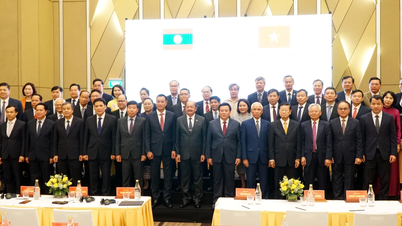

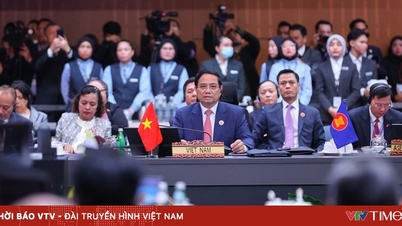

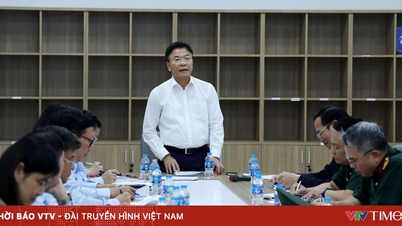
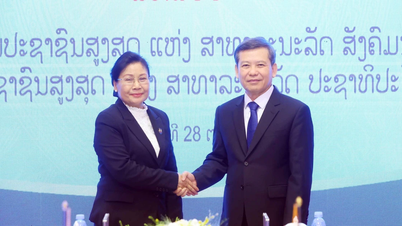
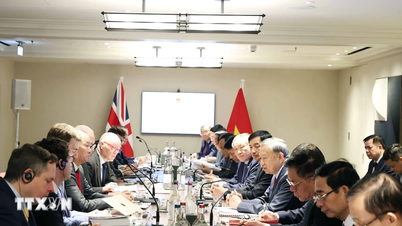
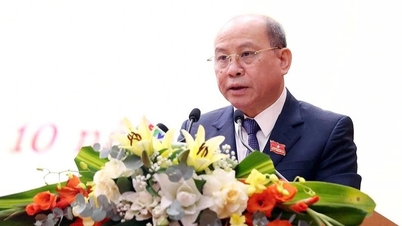





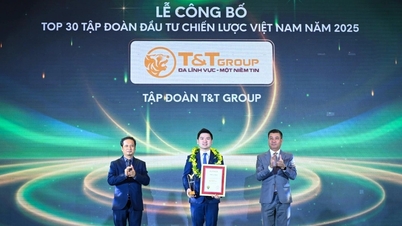



![[Photo] President Luong Cuong attends the 80th Anniversary of the Traditional Day of the Armed Forces of Military Region 3](https://vphoto.vietnam.vn/thumb/1200x675/vietnam/resource/IMAGE/2025/10/28/1761635584312_ndo_br_1-jpg.webp)



































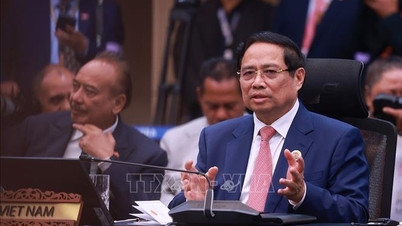




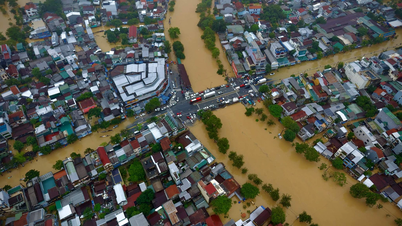


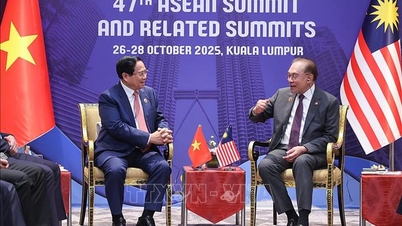

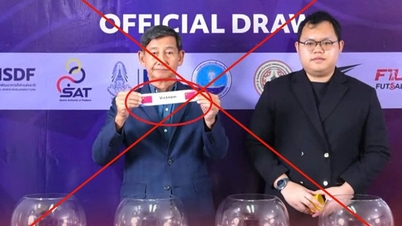

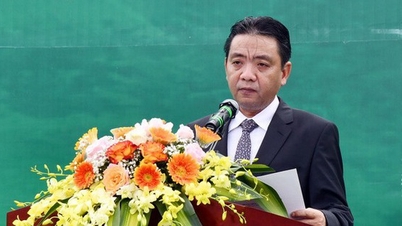
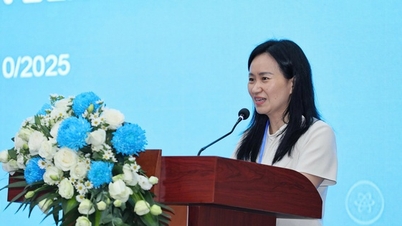

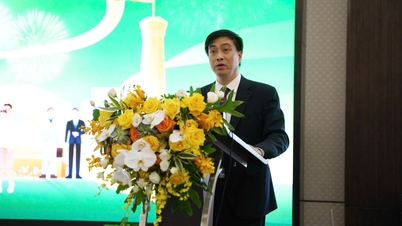







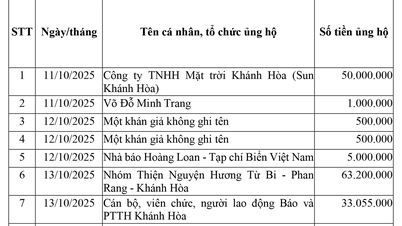

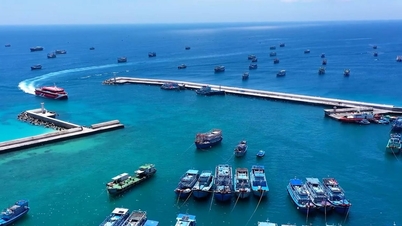


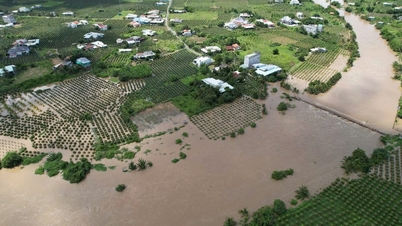
















Comment (0)